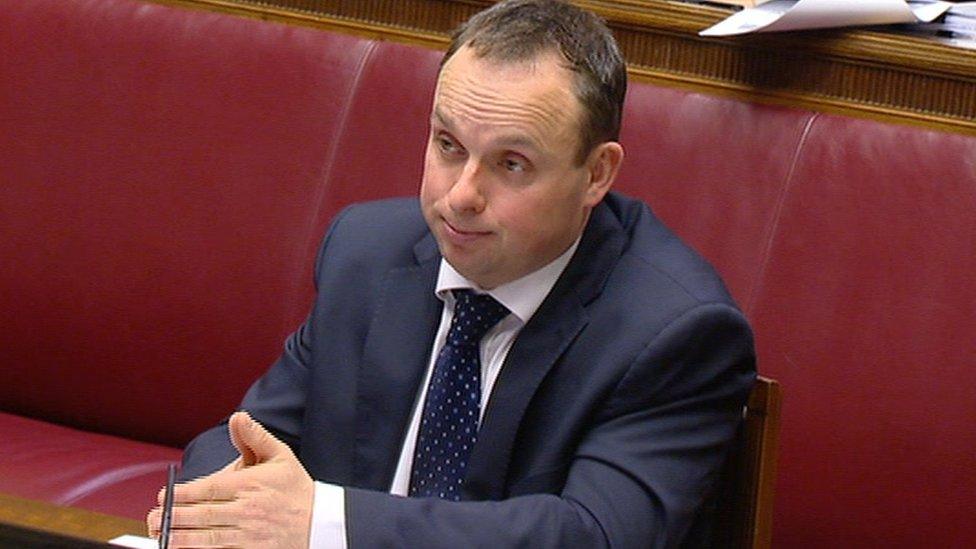RHI: Consultancy firm identified scheme flaws, inquiry hears
- Published
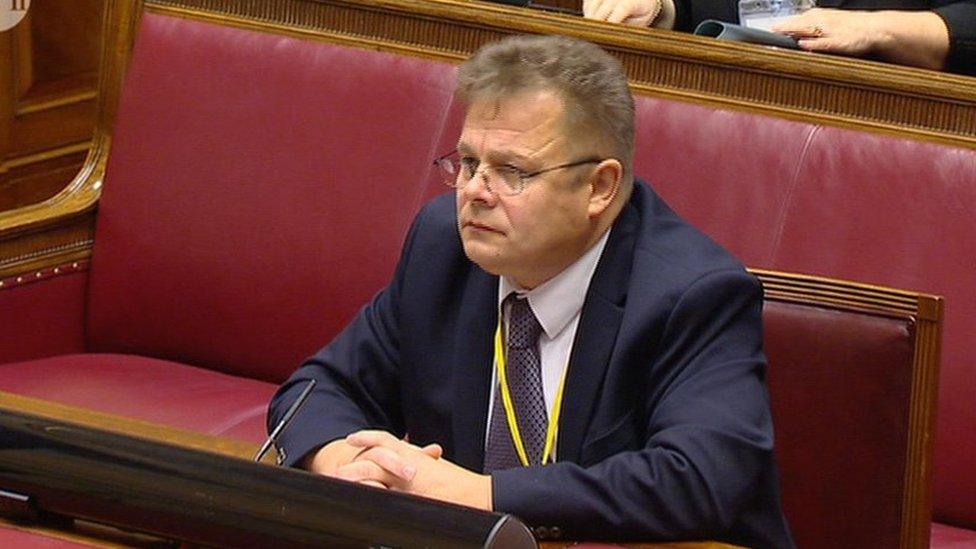
Business consultant Alastair Nicol told the inquiry he reported flaws to the government body that handled the Northern Ireland RHI scheme
A firm of consultants working for the enterprise department identified flaws in the RHI scheme, several years before problems with it came to light.
The public inquiry was hearing evidence from heating consultant Alastair Nicol.
He worked for Element Consultants - a company which helped firms that were clients of the business development agency, Invest NI.
It was part of the enterprise department, which also held responsibility for the RHI scheme.
Mr Nicol, a heating consultant, was paid to offer advice to Invest NI's clients - companies that had spent more than £30,000 a year on things like water, waste or energy.
He produced a report that suggested ways to make those firms more efficient.
'Exasperation and discontent'
Inquiry counsel, Donal Lunny, said it appeared a series of such reports had identified some of the flaws and other issues with RHI from a fairly early stage.
"Examples are how it could be gamed or manipulated, the potentially very high returns available in the scheme," he said.
"And you appear to have been reflecting to Invest NI that the market was aware of this issue and all of this appears to have been well before the Department of Enterprise Trade and Investment and its officials were aware of this issue".

What was the Renewable Heat Incentive scheme?
The RHI scheme was set up by the Northern Ireland Executive in 2012, as a way of encouraging businesses to switch from using fossil fuels to renewable sources for generating their heat.
Those who signed up were offered financial incentives to buy new heating systems and the fuel to run them.
The scheme's budget ran out of control because of critical flaws in the way it was set up: Claimants could effectively earn more money the more fuel they burned because the subsidies on offer for renewable fuels were far greater than the cost of the fuels themselves.
At one point the estimate for the overspend was set at £700m if permanent cost controls were not introduced - temporary cuts have since pulled the budget back on track for now.
Whatever the scale of the bill, it will have to be picked up by the Northern Ireland taxpayer.

Mr Nicol said he reported the flaws, and allegations of potential fraud, to Ofgem (Office of Gas and Electricity Markets), the government body administering the Northern Ireland scheme.
He told the inquiry it had been "rumoured in the marketplace" that by altering the density of the liquid in heating systems, scheme applicants could achieve higher metre readings, on which their payments were based.
He said he told a senior Ofgem official the scheme was "skewing the prices of boilers", and there were ways that it "could be manipulated quite legally to increase" the amount of money that claimants could earn.
Mr Nicol said Ofgem told him it would "take note" of the allegations.
Inquiry chair Sir Patrick Coghlin said it would "certainly be of some significance" if Mr Nicol's warnings had not been acted on by Ofgem.
The inquiry heard Mr Nicol was aware from January 2013, just months after the scheme started, of potential problems.
'Grab the RHI money'
He said RHI had completely skewed the market in favour of medium boilers that were eligible for the subsidy.
He added that it was "not rocket science, it's black and white".
His assessment was that people were putting in inappropriate boilers in order to "grab the RHI money", and that he advised Invest NI of this.
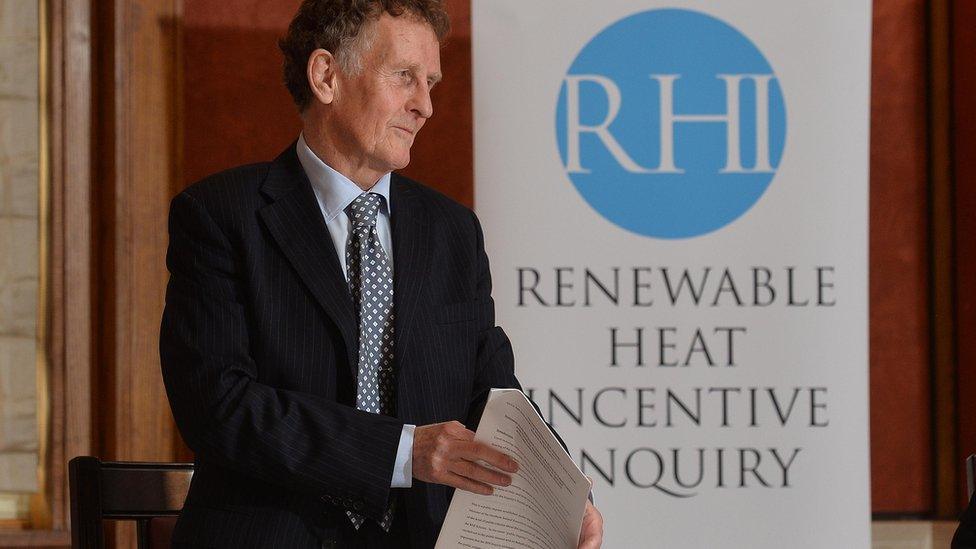
The RHI public inquiry is being chaired by Sir Patrick Coghlin and has heard 91 days of evidence so far
Inquiry panellist, Dame Una O'Brien, said she had heard "weeks of evidence" from enterprise department officials who said they did not realise the disastrous flaws with RHI until several years later.
Mr Lunny said one of the issues he would be seeking to clarify during the hearings was: "If (the problem) was apparent to Mr Nicol, why not Deti? And was it apparent to Invest NI and what did they do about it?"
'Moral point of view'
The inquiry was told that in one email, Mr Nicol expressed "exasperation and discontent" at seeing the potential for claimants to manipulate the Northern Ireland RHI scheme.
He gave the panel some examples of what he had encountered.
He described a "large warehouse", which could have put in one large boiler, but wanted to install multiple 99kw boilers on separate heating systems.
Mr Nicol said he thought it was a "ludicrous" solution designed purely to maximise subsidy payments.
"From a moral point of view, installing that solution purely to milk money out of RHI is also unacceptable," he added.
He said he raised the issue of multiple boilers with Ofgem, but was told that as long as the boilers were on separate heating systems they were eligible.
'Cash cow'
Later, the inquiry heard there was some indication that in February 2015, Invest NI had an understanding of the lucrative nature of the subsidy.
It followed a report from Mr Nicol that a hotel client wanted to put in four RHI boilers.
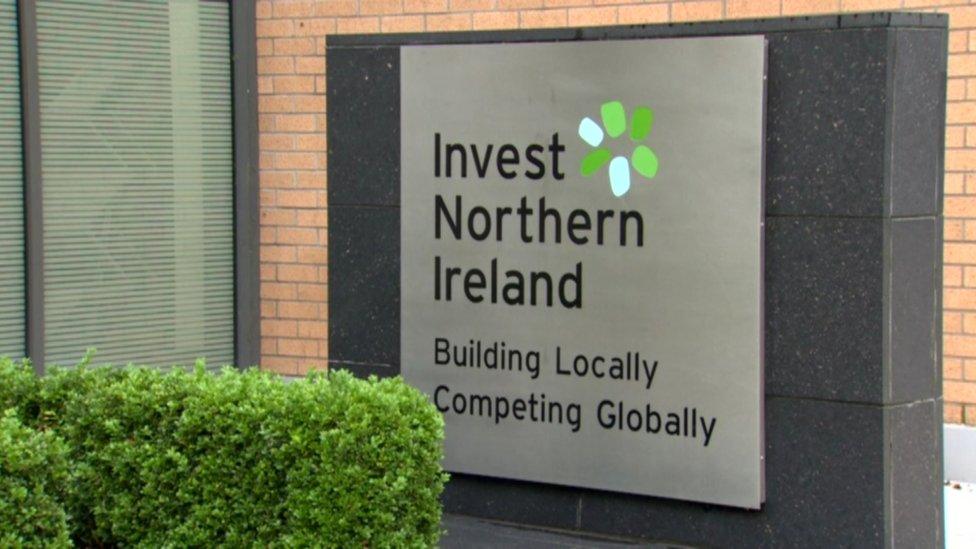
Invest NI held some responsibility for energy matters within the enterprise department, and had an obligation to promote renewable technologies to businesses
It would have earned the client £250,000 over 10 years, as opposed to an income of £97,000 generated by the heating solution Mr Nicol had put forward.
He sent his report to an Invest NI official, suggesting that installing four RHI boilers was not appropriate.
The official agreed, but added: "As you know, sometimes the hotels just see the cash cow called pellets."
Dame Una said Mr Nicol had put his findings down in "plain English" which was easy to understand, and did not require someone to have a deep understanding of how the RHI scheme worked.
Mr Nicol said the hotel client had been adamant that he was going to put in the four RHI boilers, even though it meant sacrificing a large portion of his car park.
'Missed opportunity'
On Thursday afternoon, an Invest NI official accepted that he should have flagged up concerns raised in the heating consultant's reports.
Inquiry counsel Donal Lunny put it to Jim Clarke that there seemed to have been a "missed opportunity" by Invest NI to raise the issues with the enterprise department.
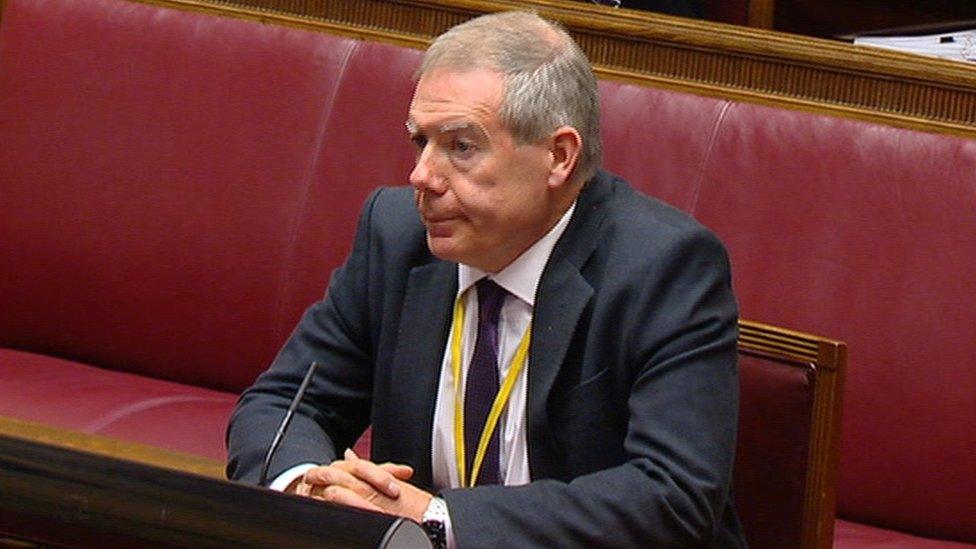
Invest NI official Jim Clarke said no-one in the agency questioned the flaws of RHI that were flagged up, because it was deemed sound government policy
Mr Clarke said the view amongst his colleagues was that RHI was government policy so "why question government policy".
Sir Patrick pointed out that it "could not have been (departmental) policy to have loopholes" that would lead to the "wastage of public money".
Mr Clarke said he naively assumed that the enterprise department would have bench-marked RHI against other similar schemes elsewhere.
But he agreed with the panel that the consultant's flag on "loopholes" in the scheme that led to overgenerous payments, high rates of return on investment and short payback periods for client companies, should all have been referred to Invest NI management.
The inquiry is due to hear from Invest NI's chief executive, Alastair Hamilton, on Friday.
- Published14 September 2018
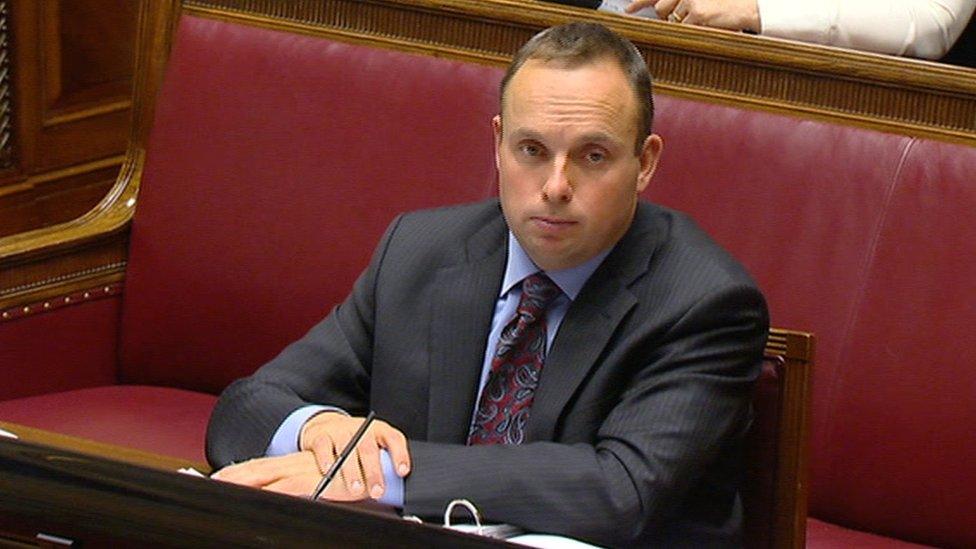
- Published13 September 2018
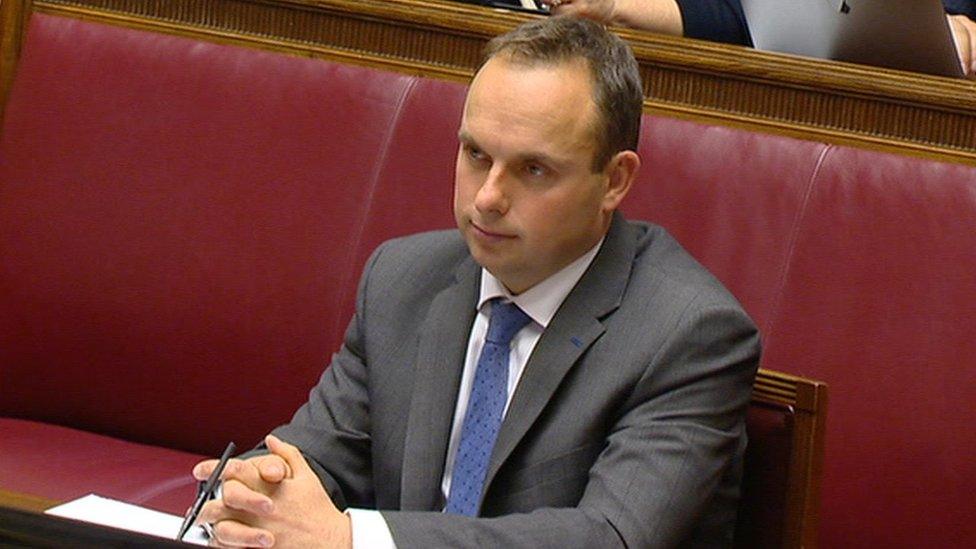
- Published12 September 2018
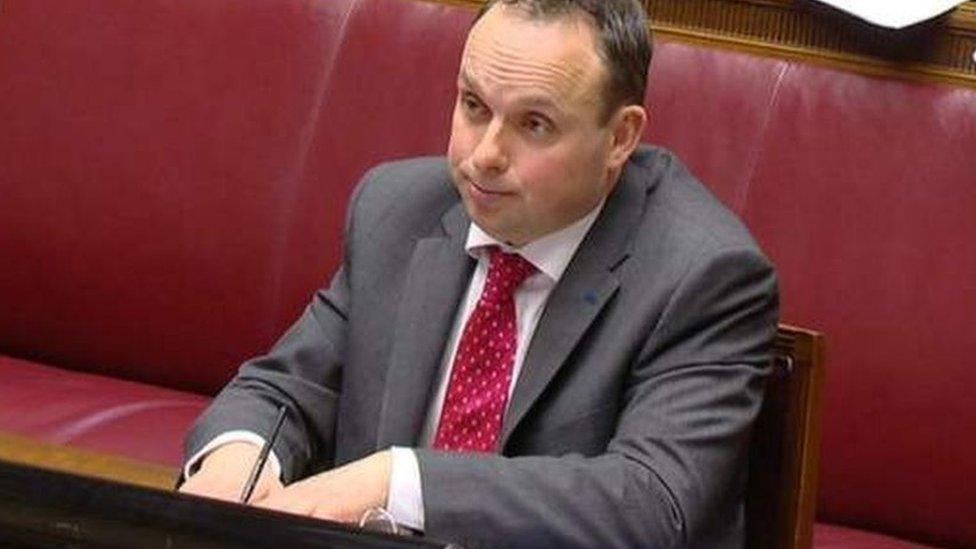
- Published11 April 2018
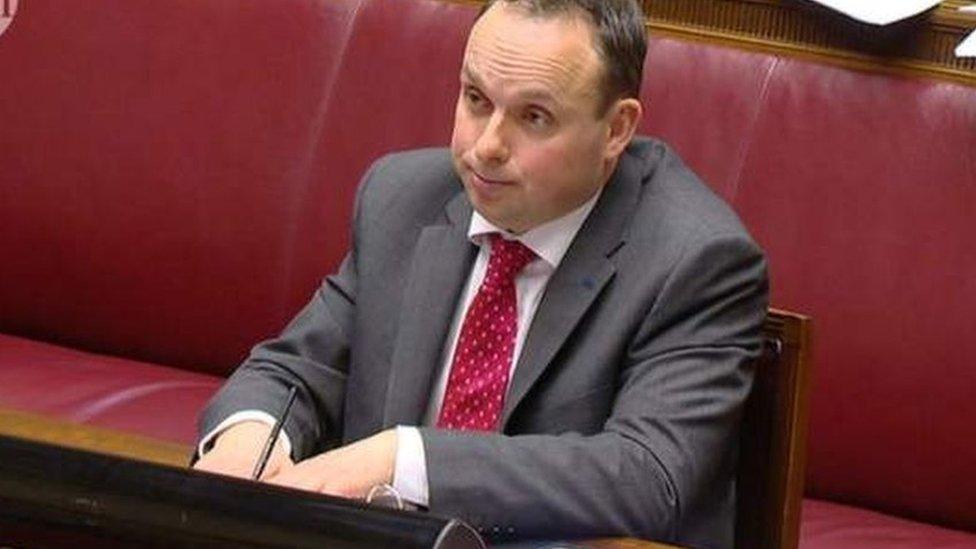
- Published11 September 2018
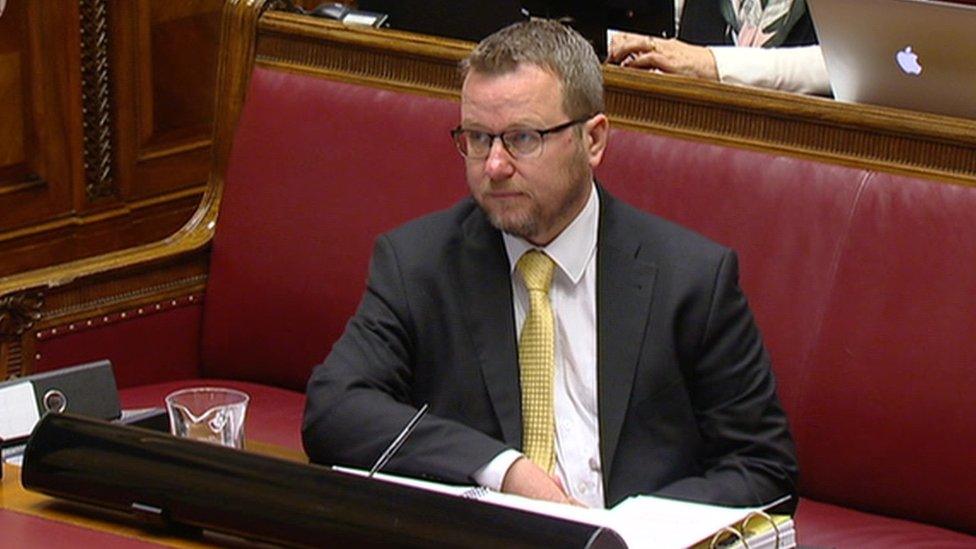
- Published11 September 2018
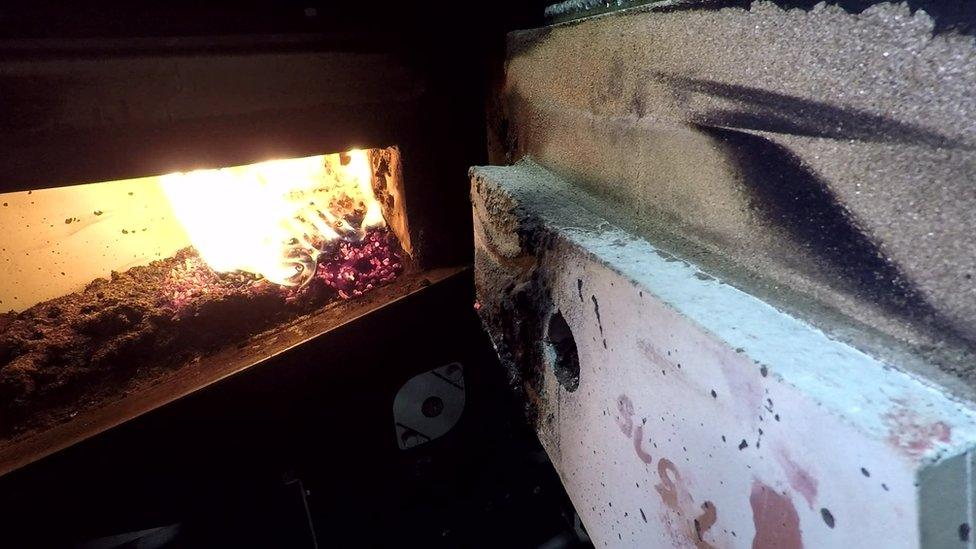
- Published7 September 2018
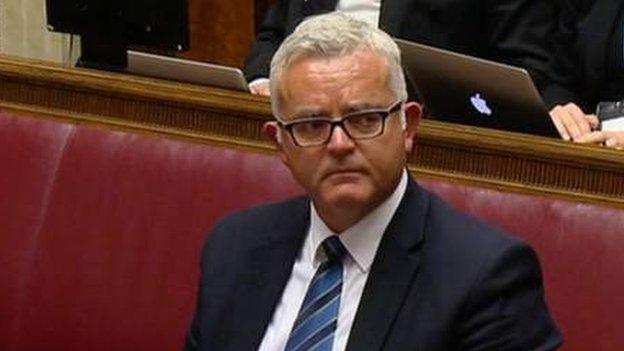
- Published7 September 2018
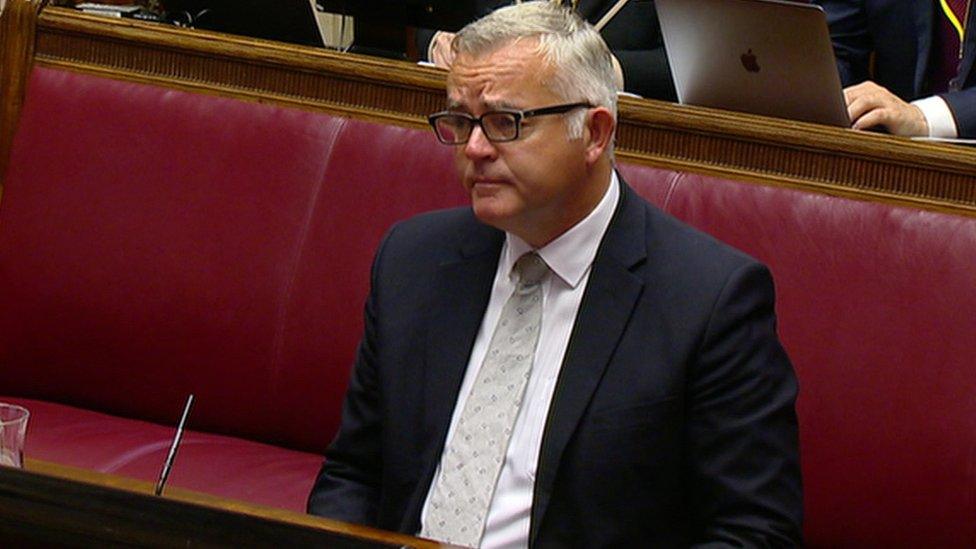
- Published5 September 2018
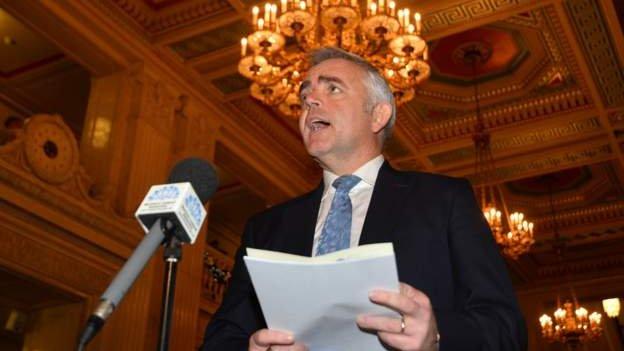
- Published5 September 2018
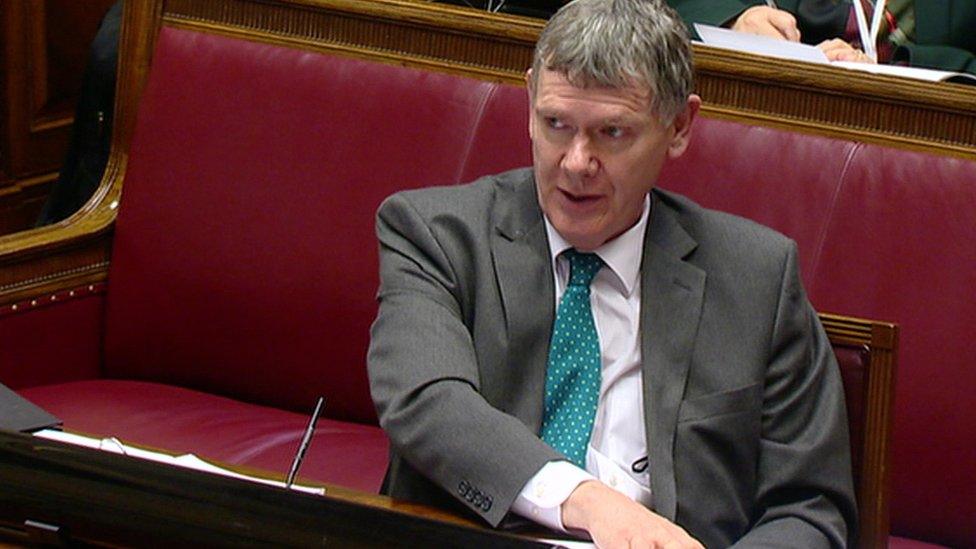
- Published5 September 2018
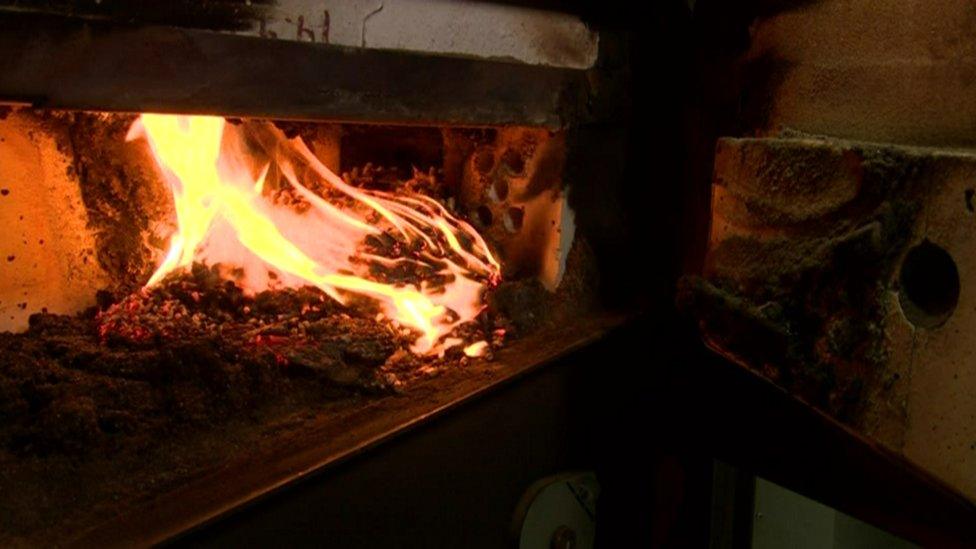
- Published13 March 2020
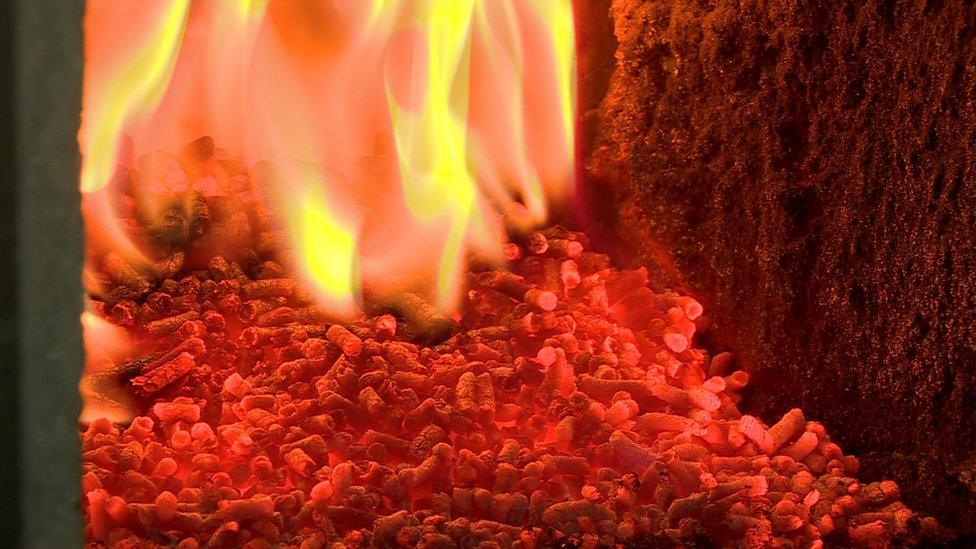
- Published4 September 2018
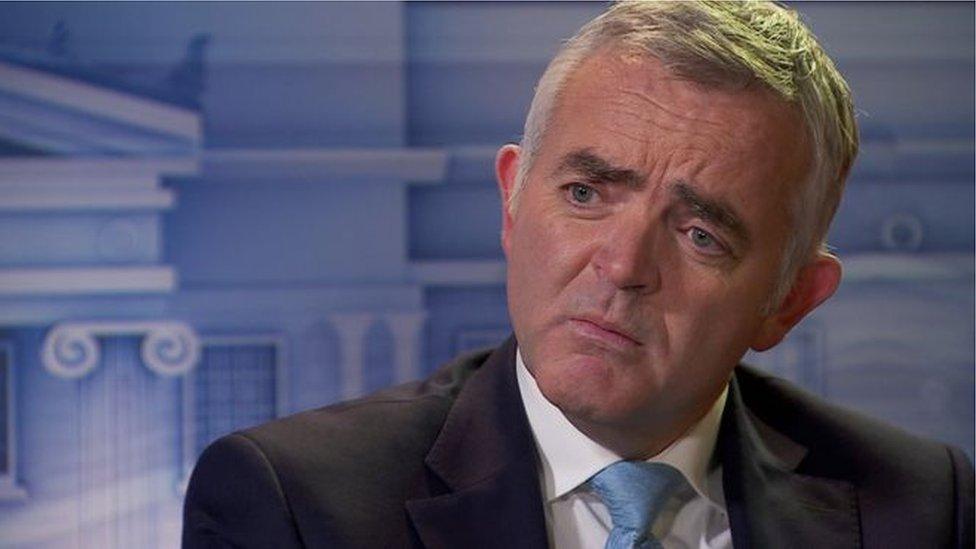
- Published17 April 2018
